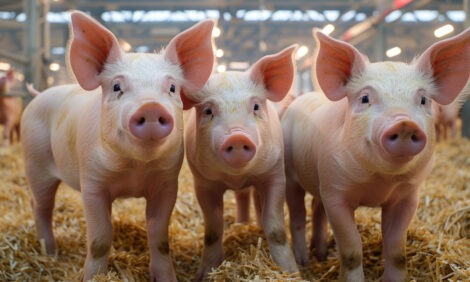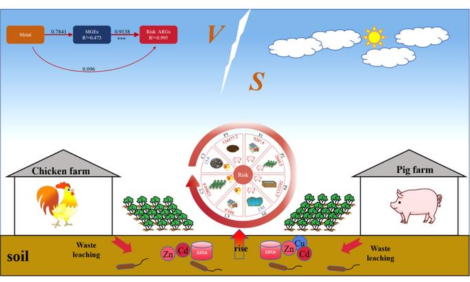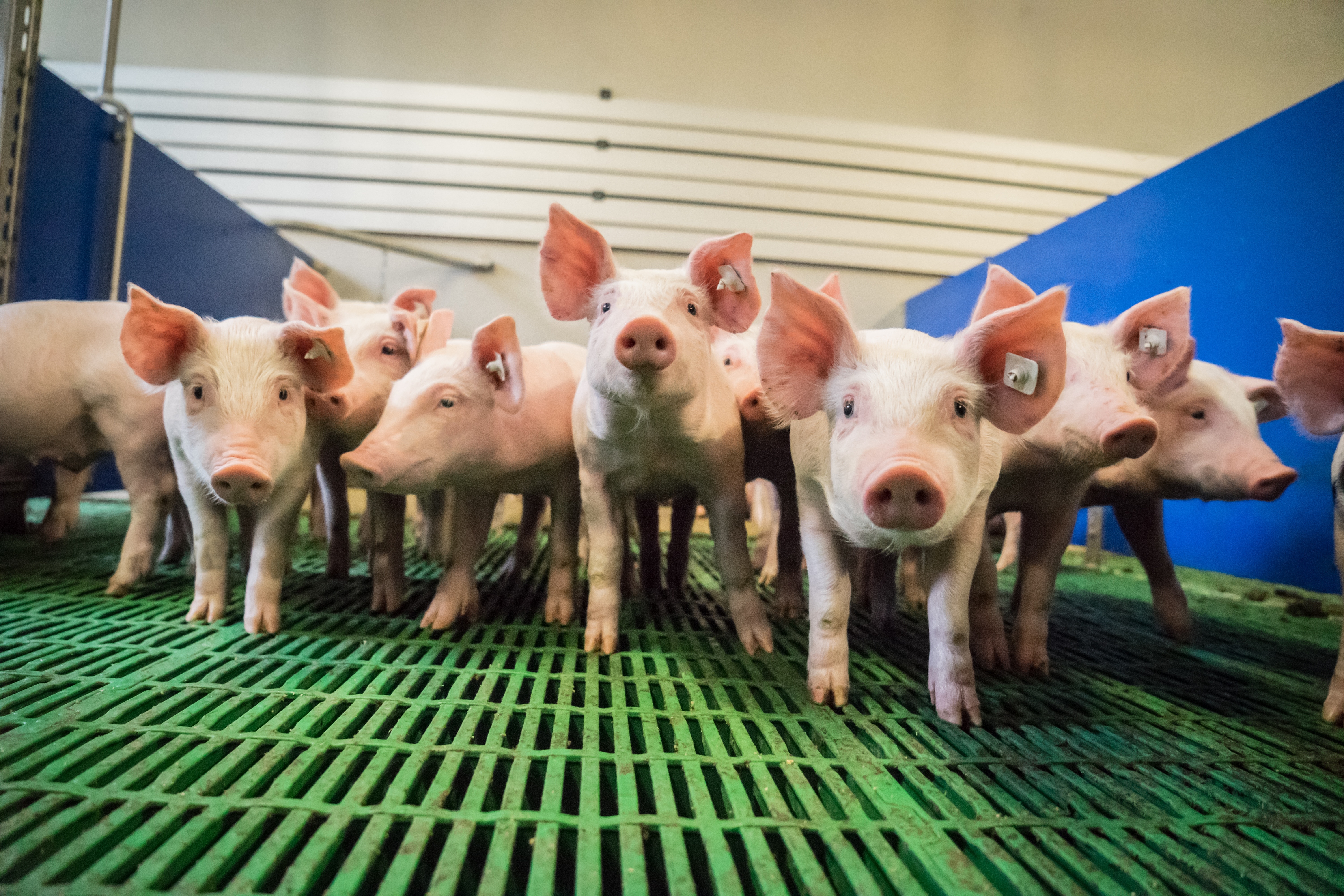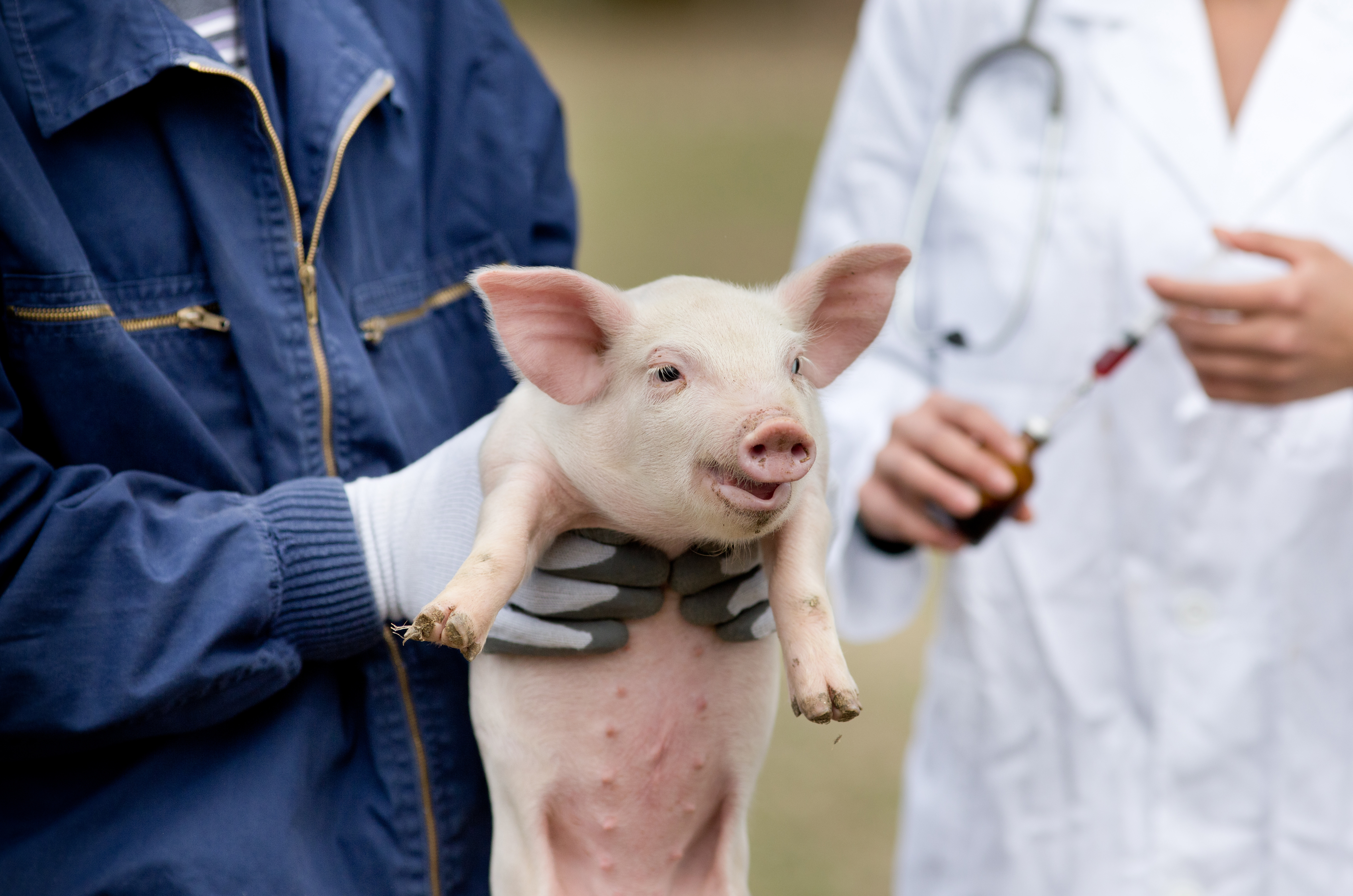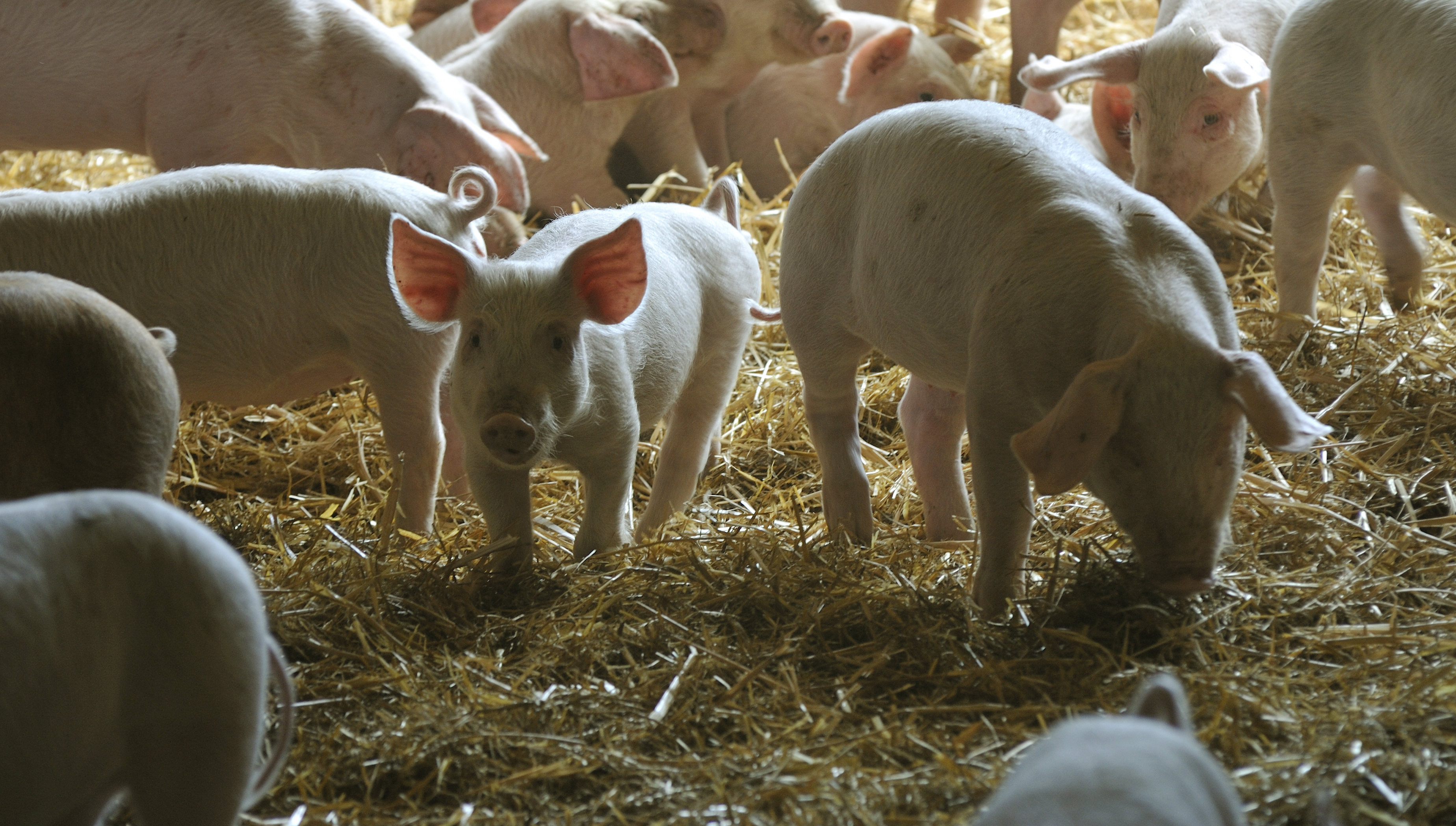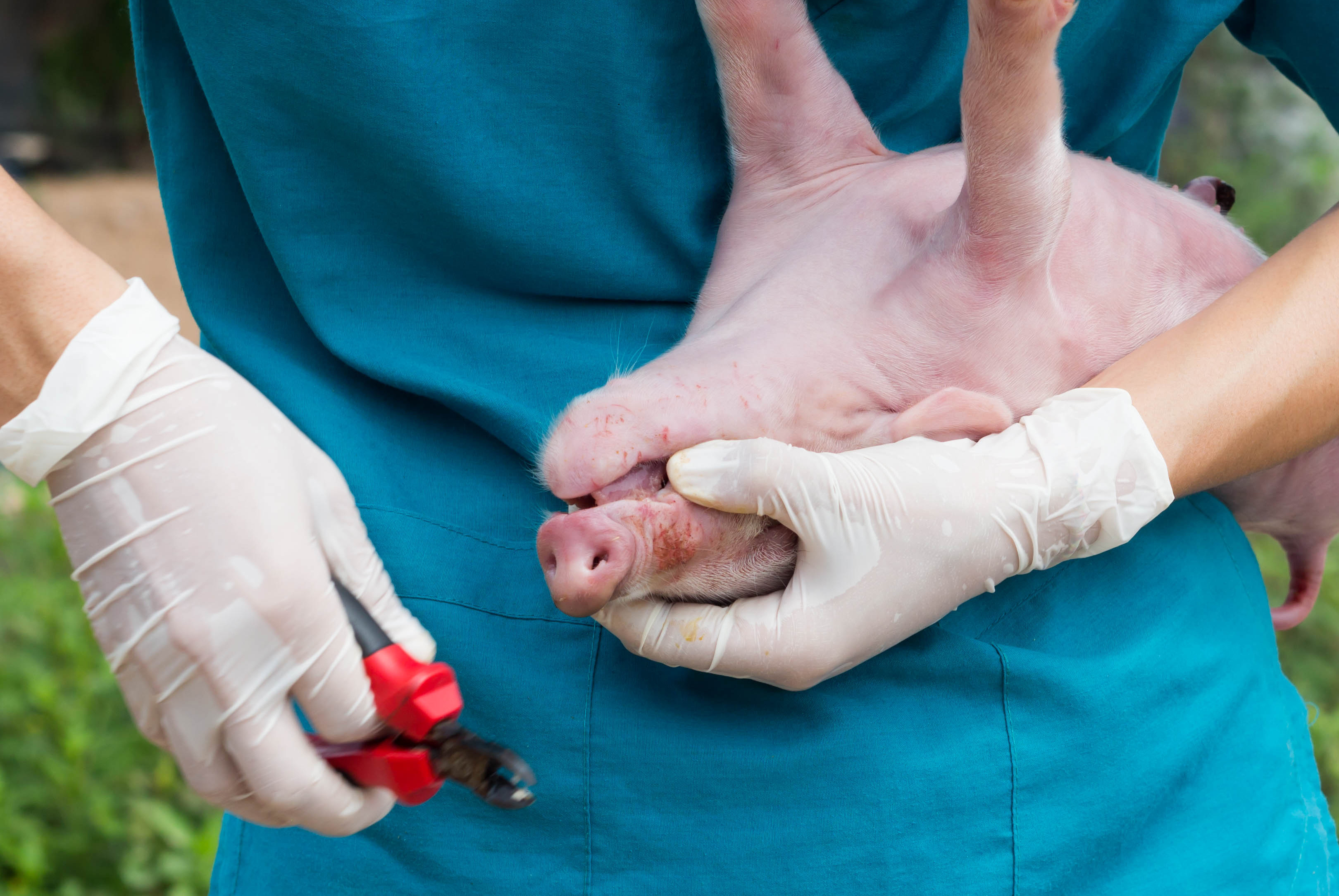



Solutions for ending painful piglet procedures
The 3T's Alliance has published its latest conclusions on efficient solutions to end painful procedures in piglets and young pigs.The 3Ts Global Stakeholder Alliance Addressing Painful Piglet Procedures have been gathering the evidence for piglet pain and antibiotic overuse associated with tail docking, teeth reduction and surgical castration, and furthermore that pain mitigation strategies are ineffective to adequately reduce the pain. Through regular discussion, the group have acknowledged the various challenges and barriers to ending painful piglet procedures and believe that these challenges can be overcome as shown by existing solutions and commercial case studies of good practice.
The 3T's Alliance recognise that we have an ethical duty not to routinely mutilate animals to accommodate farming systems. They also recognise the cumulative negative impact on animals of experiencing multiple mutilations - tail docking, teeth reduction, surgical castration– and that there is limited oversight from regulatory authorities.
The Alliance now offers a series of communiques outlining solutions to ending the painful piglet procedures, discussing specific procedures separately.
The right resources, knowledge, expertise and mindset are essential to address the technical barriers to ending painful piglet procedures. Other enabling factors include: policy or regulatory context, whole value chain initiatives, retailer leadership and consumer expectation.
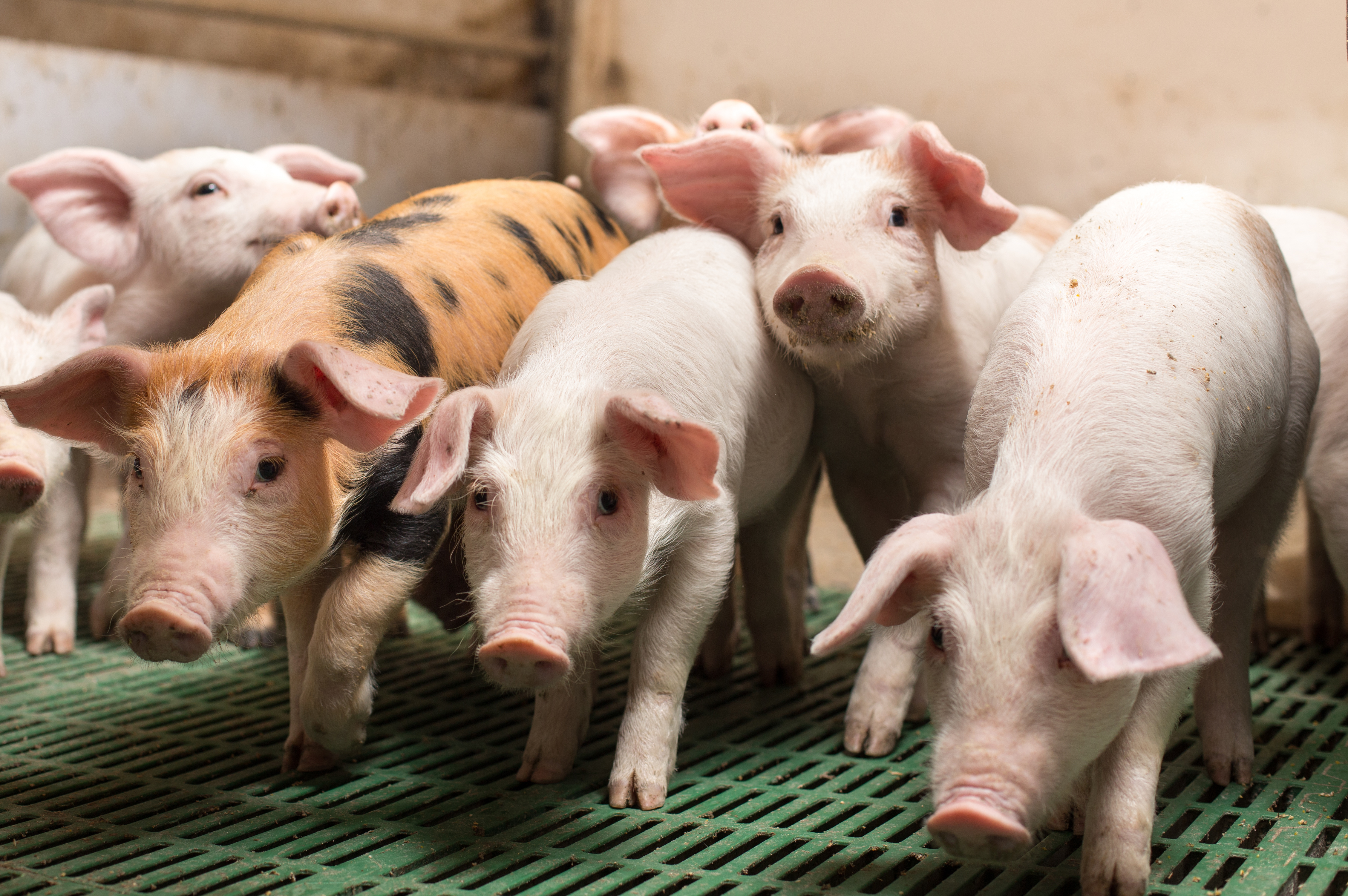
Factors that will enable the end of painful procedures on pig farms
Future proofing
Responding to consumer concerns by embracing continual improvement in animal welfare practices.
Risk mitigation and sustainability
Increasingly retailers and producers are incorporating animal welfare into sustainability frameworks, enabling approaches to end the use of painful procedures.
Retailer leadership
The retail sector has a special responsibility to convey expectations on the avoidance of painful procedures across the value chain and to incentivise higher welfare production. Cost implications from welfare improvements should be shared across the value chain. For example, Swedish Coop requires and provides Dutch suppliers with an incentive to provide un-docked pigs and some other European retailers do so similarly.
Labelling schemes including pig welfare improvements or certification schemes
May gain a market premium, and food companies may share any profit increase or pay a premium to implement animal welfare policy. All parties gain in reputation.
Quality management
Increasingly producers see the benefits of ending painful piglet procedures and improving production metrics, carcase/meat quality, enhanced market access, reduced losses and reduced use of antibiotics.
Level playing field
Whole value chain initiatives or legislative initiatives can provide a level playing field to support ending painful piglet procedures, and to ensure that local producers are not disadvantaged by trade systems that allow for low welfare imports to compete with higher local standards.
Proactive approaches, knowledge, education and training
Often, farmers and producers seek out experience of on-farm solutions, knowledge and best practice sharing by visiting other farms (even on different continents), reading the latest industry or research information, and sharing this knowledge with their staff through animal care and welfare training programmes. Improving staff understanding of pig behaviour and underlying causes related to painful procedures, allows them to better appreciate the need and solutions. It also enables them to observe and monitor the animals to better manage risks and prevent damaging behaviours. Converting from a reactive to proactive approach was emphasised in success.
Animal welfare research and commercial trials
Applied animal welfare research has studied several technical on-farm solutions on both research farms and in collaboration with commercial farms. Often this information is used to conduct farm or producer specific trials to ensure the solutions work under the specific farm conditions. Scientific findings also provide a foundation for certification schemes, advocacy and policy making.
Knowledge sharing platforms facilitate broader learning
Some formally exist in Europe such as pig welfare sub-platforms for avoiding castration or international projects on tail docking such as GroupHouseNet or Farewelldock.
World Animal Protection would like to invite you to join a free webinar to hear more about how pig producers are tackling critical welfare issues in the farming of meat pigs. We present Sharing Success: The global business case for higher welfare for pigs raised for meat.
Join pig welfare experts and thought leaders to hear how pig welfare is good for business. Register for free now to join the one hour webinar at Europe / Stockholm Time 1600hrs November 26th OR Europe / Stockholm 0800hrs November 27th
Registration link for both here: https://worldanimalprotection.clickmeeting.com/







